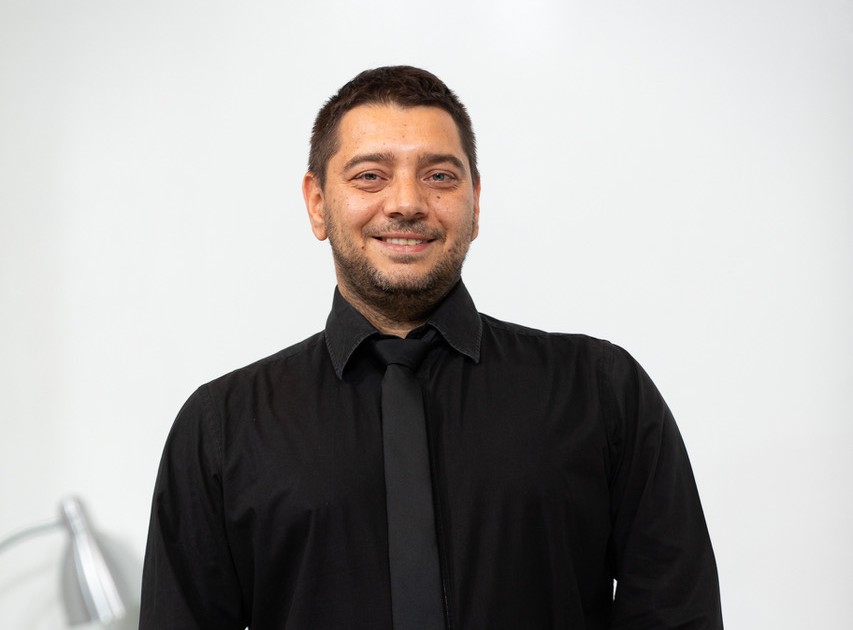ISCC is creating a frame for Universities/scientists/researchers on both ends to collaborate more efficiently, to cooperate on EU and other projects.
Ireland and Serbia may be far apart on the map of Europe, but the truth is, there’s much more that unites these two nations than most would assume. From history to business, Ireland and Serbia have a surprising amount tying them together, and the Irish-Serbian Chamber of Commerce seeks to expand on what unites these two proud nations. We spoke with Vuk Mirković, Director of the Irish-Serbian Chamber of Commerce about improving connections and relations between the two countries.

Ireland and Serbia are quite far geographically. What unites these two nations and what most people in Serbia don’t see about Ireland at first glance?
Being located on opposite sides of the continent, one would say two nations are very distant – unless the one is exposed to both cultures, traditions and values. There are Celtic roots at the very foundation of both nations, so you can find common names there – such as Tara – which makes me believe that two were much closer in the distant history, much more than it is documented. National history, that somehow shaped tradition, has its own similarities – both nations were dominated by the empires (Ottoman/English) which they opposed for centuries, resisting the rule and preserving their nation’s identity through the struggle.
What really strikes me in terms of similarities is humour – that dark, heavy humour only a few can understand and laugh at, while, many will find inappropriate. Both can have a laugh over their own troubles. Families are “big” and kept close among both nations – you can feel the same closeness among the relatives that is fuelled by family traditions and religious activities – and that relatives really care about each other.
What will be the Irish-Serbian Chamber of Commerce’s role when it comes to boosting mutual relations?
ISCC should be viewed as a catalyst of relations/activities between the nations and Republics, where our task is to identify existing ones or potential ones that can mutually benefit both over time – we would like to pave the way for better understanding and cooperation by pointing out those fine examples to serve as lighthouses.
How can the two countries improve bilateral, economic and cultural ties between them?
EU is where Serbia is heading, Ireland is already there – believe we should look at improving our relations through that spectre, within the EU frame and agenda.
What activities lay ahead of the Chamber? Are you planning to facilitate meetings of delegations of various levels in the coming period?
ISCC plan to improve relations and strengthen ties between both economic and political elites of two nations by exposing them to each other, for the start. Early activities, therefore, will be aiming at businessmen and politicians before addressing wider audiences, the general public. The initiative to form Parliamentary Friendship groups on both sides is progressing and we hope to have them in place before the end of the year.
ISCC is creating a frame for Universities/ scientists/researchers on both ends to collaborate more efficiently, to cooperate on EU and other projects. Business needs no formal support to grow – only to remove the barriers that are occasionally in place, disrupting the growth. The direct flight will be of great help for all above mentioned – hoping to have RyanAir expand its operations from Nis airport to Ireland.
What do you like about the Irish and what aspects of their business culture would you like to transfer to Serbia?
Personally, I don’t think there is a huge difference between biz culture here and there – the thing that makes the difference is the governance. While Irish businesses are performing in a very well organized, structured environment, Serbian counterparts are often being wounded by bureaucracy and poor governance, corruption, incompetence on all levels.
Would love to see Serbia actually adopting the models that are in place in Ireland, that attitude when it comes to public interest and politics – once we have civil servants in Serbia to understand they work for the taxpayers, we will be a prosperous society and recognized as a developed country.